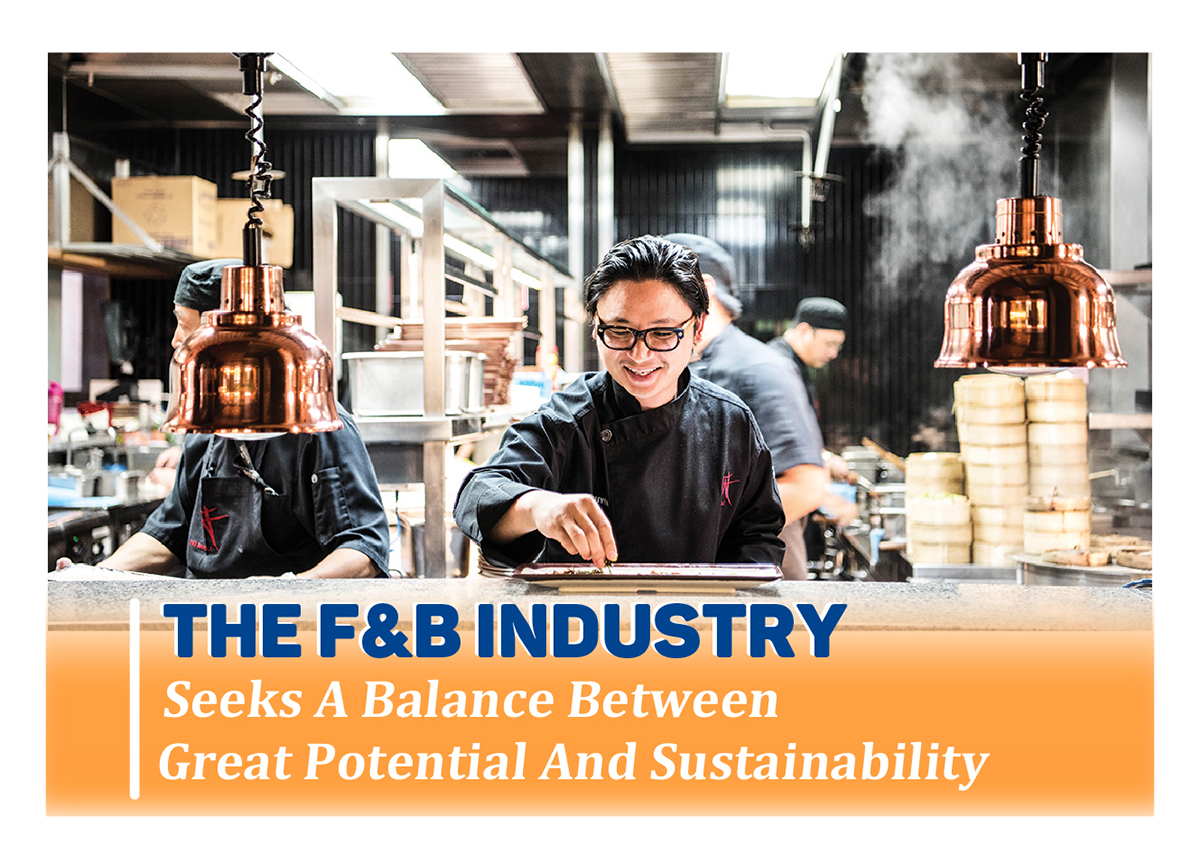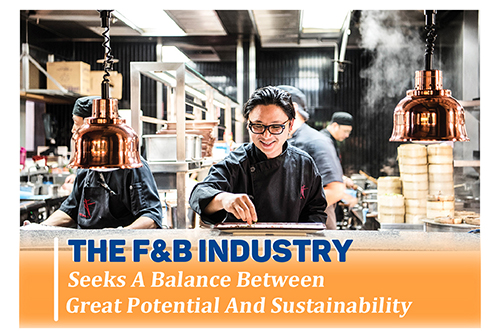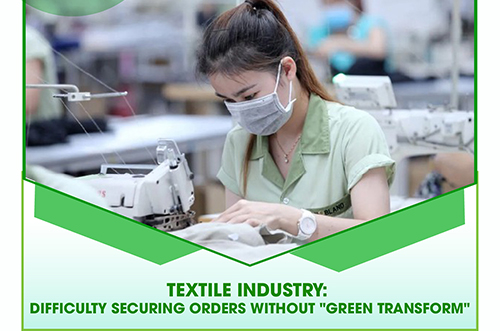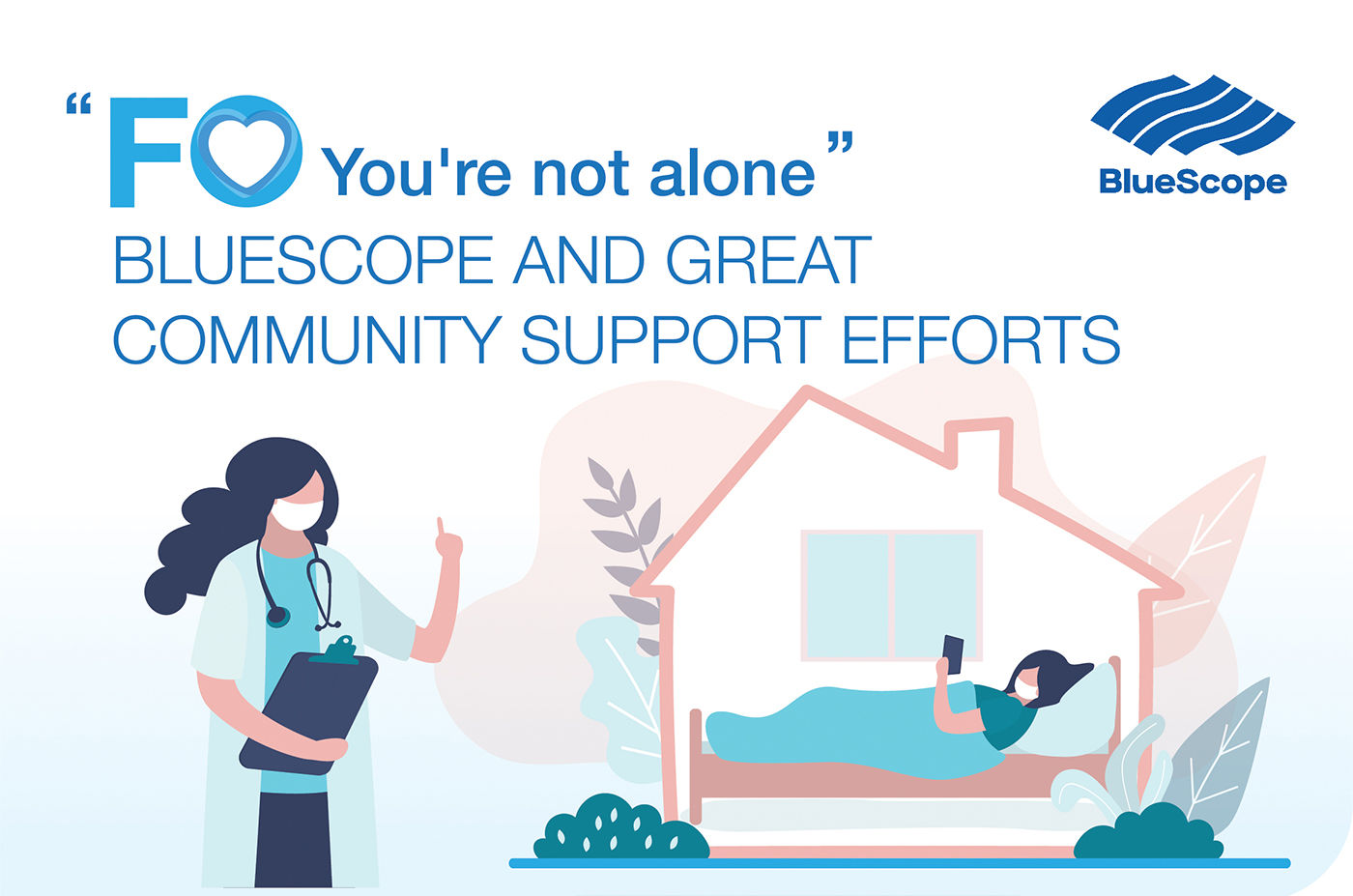
The immense potential of the F&B industry is undeniable, but it also faces another challenge of ensuring sustainability while continually meeting the growing demands of the market.
Great potential
With a population of over 100 million people, Vietnam is considered a “land of opportunity” for F&B investment. The middle class in the S-shaped country is growing, and the increasing dominance of a new generation of young, dynamic, and tech-savvy Vietnamese is driving growth in the industry.

According to a Euromonitor study published in early 2023, the value of the F&B market in Vietnam was expected to increase by 18% in 2023 compared to 2022, reaching revenue of around 720.3 trillion VND.
At the same time, the F&B industry is among those witnessing strong growth in foreign investment. Many restaurants and large international hotel brands such as Marriott, Hilton, Renaissance, Movenpick, and Melia are increasing their presence in Vietnam, further affirming the significant opportunities for F&B enterprises.
Balancing the trend of “sustainability”
While the potential is evident, the F&B industry is also among those with a significant impact on the environment, biodiversity, climate change, etc. Conversely, climate change is affecting the food supply of the F&B industry.

Materials used for clean rooms, cold rooms, production areas, etc. in F&B factories, need to meet strict requirements for corrosion resistance and antibacterial properties to comply with food safety regulations and adapt to the “clean food” trend.
For example, Vinamilk, the F&B brand with the highest value in 2022 (according to Forbes), has continuously invested in green, sustainable technologies and solutions at its farm and production facilities.

Vinamilk’s factory especially uses AM 4-matrix phases alloy coated steel from NS BlueScope Vietnam to ensure durability for its farm and factory complex because this material integrated with a 4-matrix phases alloy coating technology can resist harsh environments. Sustainable factories over time are also among the factors that help reduce the impact of production activities on the environment.
Not only Vinamilk but also many top brands in the F&B industry such as Coca-Cola, Vissan, Masan, Heineken, Pepsi, etc., are using AM 4-matrix phases alloy coated steel for their factories or specific areas such as clean rooms, cold rooms, etc.

These examples are typical of an F&B enterprise striving to balance sustainable development with meeting the increasing market demands.

NS BlueScope is the “father” and the leader that established coating technology standards in the Vietnam market.

When the Vietnam market was still in its early stages with coating technology, BlueScope introduced aluminum-zinc (AZ) coated steel products.
NS BlueScope launched AM – Activate™ 4-matrix phases alloy coating technology – a superior coating technology compared to AZ coating (only 2 phases).
NS BlueScope’s AM alloy-coated technology is the result of

If one or more factors related to the categories of over 30 patented inventions are missing during production, the AM protective coating not only fails to create AM 4-matrix phases alloy coated steel that ensures superior corrosion resistance but also creates a more vulnerable coating, corroding early in the production process, and having weaker corrosion resistance.
AM 4-matrix phases alloy coated steel is also integrated in materials for sandwich panels, the most suitable materials for clean rooms, cold rooms, roofs, and walls of F&B factories for their superior corrosion resistance and antibacterial properties.








Comment